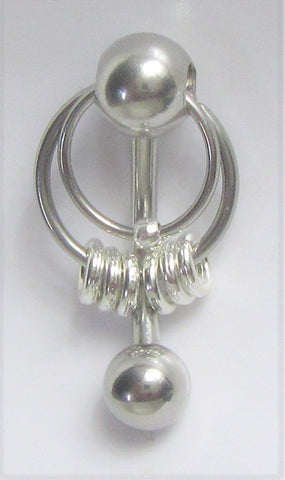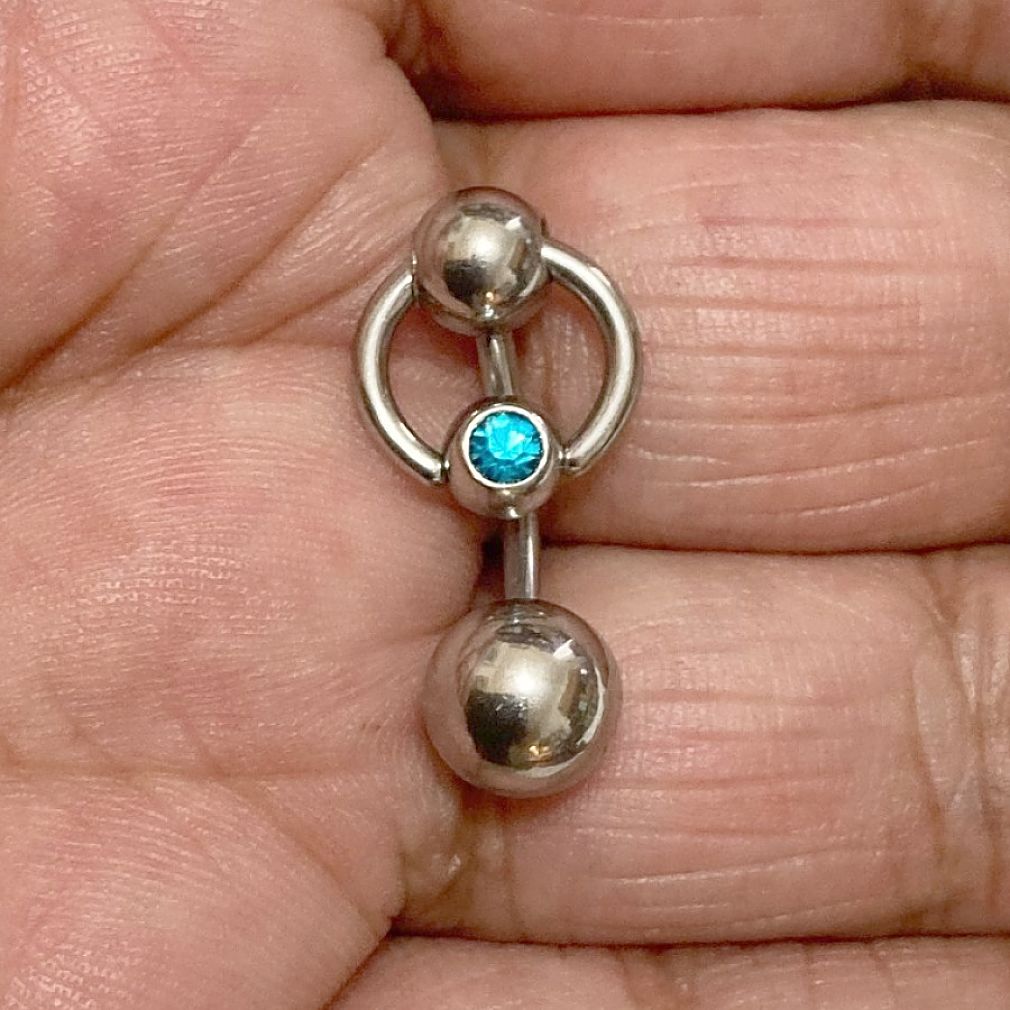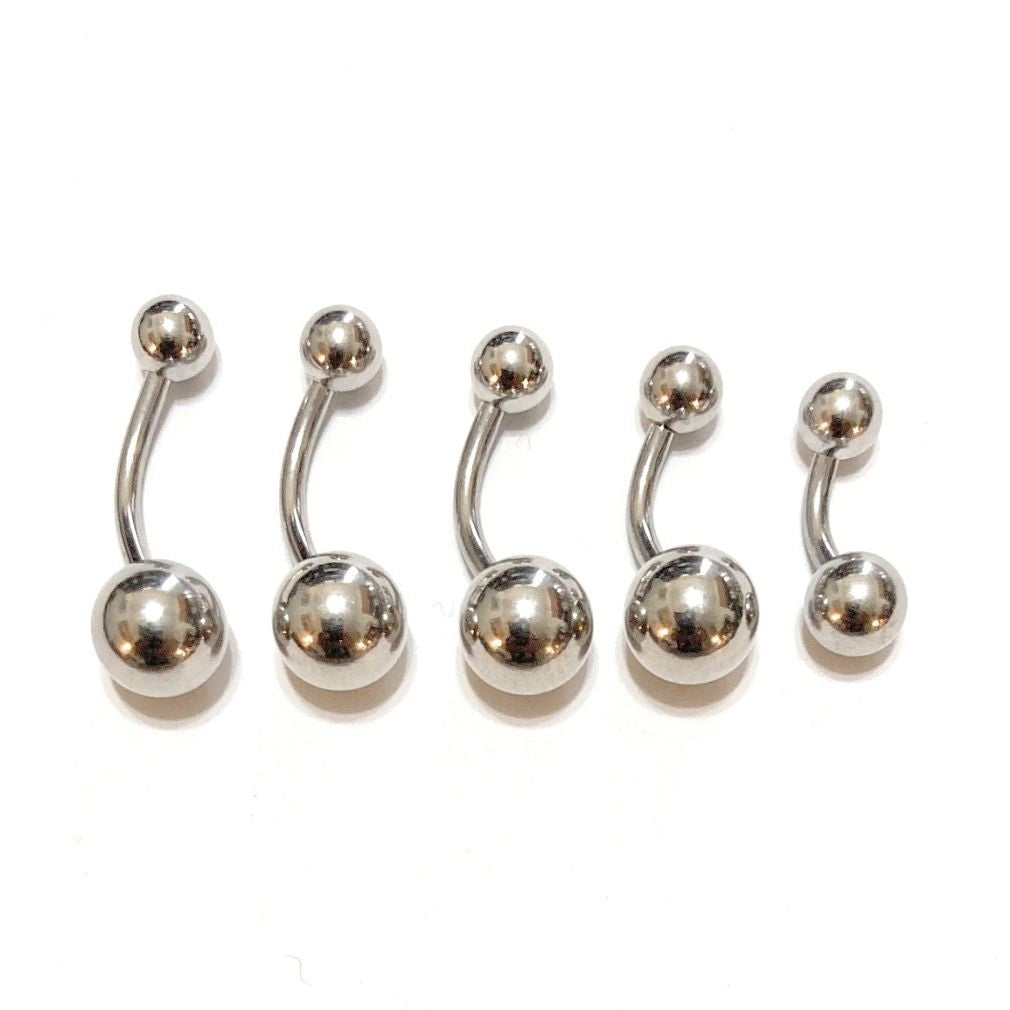
Amazon.com: TOOLSSIDE VCH Jewelry Vertical Hood Piercing For Women - 4 Balls Surgical Steel Horseshoe & Barbell Combo for VCH Piercing - 14G Curved Barbell Genital Piercing, Stainless Steel, surgical steel :

Amazon.com: TOOLSSIDE Vertical Hood Piercing Jewelry for Women with Amazonite Stone - Belly Button Ring, Vch Jewelry Hood, Stainless Steel Belly Button Rings, Vch Piercing Jewelry 14g, Belly Button Piercing : Clothing,

TOOLSSIDE Vch Jewelry Vertical Hood - Opalite Stone Door Knocker Industrial Piercing Jewelry For All Piercings - Stainless Steel Genital Piercing | Genital piercing, Industrial piercing jewelry, Industrial piercing

Clitoral Clitorial Clit Hood Bar VCH Jewelry Vertical Stainless Steel Hoop Twisted Balls Bar Hugger Ring 18G 16G 14g Intimate Jewelry - Etsy

Amazon.com: TOOLSSIDE Vertical Hood Piercing Jewelry for Women with a Unique Design - Belly Button Ring, Vch Jewelry Hood, Stainless Steel Belly Button Rings, Vch Piercing Jewelry 14g, Belly Button Piercing :

Amazon.com: Vertical Hood Piercing Jewelry for Women with 4 Clear Zirconium Stones - Belly Button Ring, Vch Jewelry Hood, Stainless Steel Belly Button Rings, Vch Piercing Jewelry 14g, Belly Button Piercing :

Vertical Hood Piercing Barbell 16G 14G 12G 10G VCH Bar Straight or Curved Slave Ring Intimate VCH Jewelry 100% Stainless Steel - Etsy Israel

Vertical Hood Piercing Barbell 16G 14G 12G 10G VCH Bar Straight or Curved Slave Ring Intimate VCH Jewelry 100% Stainless Steel - Etsy

Pearl VCH Dangle Vertical Hood Piercing 14g Surgical Steel Straight Bar Slave Ring Dangle Intimate Jewelry - Etsy

Amazon.com: NAVIKO Vch Jewelry Vertical Hood - Vch Piercing Jewelry for Women - Vch Jewelry Curved Barbell - Piercing Multi Color Glass Ball Door Knocker Hood Piercing Jewelry : Clothing, Shoes & Jewelry

Vertical Hood Piercing Barbell 14G 12G 10G Slave Ring VCH Straight or Curved Bar Rainbow Blue Black Intimate Piercing Jewelry - Etsy

Buy Vch Jewelry Hood Piercing Jewelry - Vch Piercing Jewelry For Women - Piercing Barbell Steel Piercing - 14 Gauge Curved Barbell (Horseshoe & 14g Curved Barbell Combo) Online at desertcartINDIA

GLOW in the Dark VCH Jewelry 16G 14G 12G 10G Straight or Curved Barbell 6 COLORS Tongue Conch Nipple Genital Clit Ring Piercing Bar - Etsy

Amazon.com: TOOLSSIDE Industrial Piercing Jewelry - Vch Jewelry Vertical Hood 14g Septum Ring Stainless Steel Curved Barbell for Genital Piercing : Clothing, Shoes & Jewelry


































